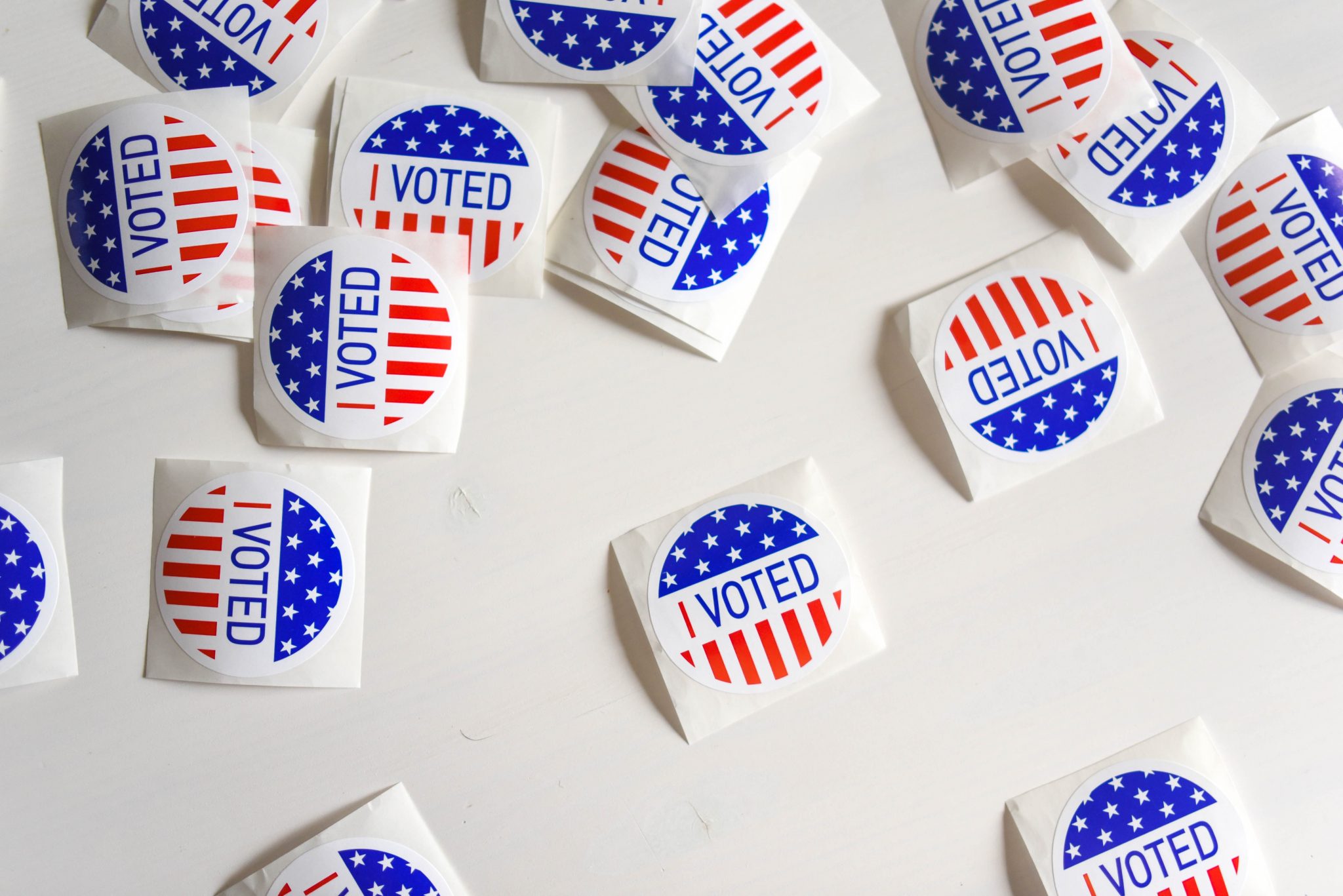U.S. Constitution’s Intentional Omission of Voting Rights Creates Problems for Democracy Today
The Founding Fathers originally left out the right to vote. A constitutional law scholar and a voting rights advocate say that has made access to the ballot for Black people a constant struggle.

Most Americans in 2021 view the right to vote and to free and fair elections as fundamental to who we are as a nation and as a democracy. However, this right to vote was not part of the U.S. Constitution when it was written. This was an intentional move by the Founding Fathers.
“[S]o what we see in terms of emerging at the time of the Voting Rights Act is the emergence of Black women as being an important political force from the 1960s to the present.” –Bertrall Ross, University of Virginia
The WDET Book Club is continuing its discussions about the U.S. Constitution to better understand how the document influences our daily lives. It is also looking at the ways the framers got it wrong.
Listen: A constitutional scholar and voting rights advocate discuss the history of voting rights.
Guests
Bertrall Ross is a professor of law at the University of Virginia and a constitutional law expert who focuses on election law and voting rights. Ross believes that the Reconstruction amendments marked the shift from thinking of the United States as a republic to being a democracy. “[T]he 14th and 15th amendment established what I consider the multiracial democracy … in which the right to vote cannot be denied on the account of race,” he says. The 15th amendment is particularly important because the framers of the amendment were focused on using the right to vote as an expansive right — a right that would lead to other opportunities. But ultimately it was decimated in the years following Reconstruction by things like poll taxes and literacy tests.
According to Ross, there was a push among Black women to have voting rights for women attached to the 15th amendment, although it ultimately was not included. It was not until the Voting Rights Act of 1965 that all African Americans gained wide access to the ballot. “[S]o what we see in terms of emerging at the time of the Voting Rights Act is the emergence of Black women as being an important political force from the 1960s to the present.”
He points to Stacey Abrams as being an example of the Black women empowerment that is vital to expressing the voice of African American communities. This is essential because of how felony disenfranchisement laws target Black men, keeping them out of the political process. “And women have had to step in to fill that political void,” Ross says.
“[T]he notion that voting is something fundamental to democracy, sort of superficially, I think we can all agree. And then once people start losing elections or their preferred candidates don’t win then suddenly they’re OK with the rules being bent a little bit in service of their worldview or their political objectives.” –Theodore Johnson, The Brennan Center for Justice
Theodore Johnson is a senior fellow at the Brennan Center for Justice, an institute at New York University that tracks changes in voting rights. Johnson cites a recent poll that says almost two-thirds of Republican and Republican-leaning voters view voting as a privilege. “[T]he notion that voting is something fundamental to democracy, sort of superficially, I think we can all agree. And then once people start losing elections or their preferred candidates don’t win then suddenly they’re OK with the rules being bent a little bit in service of their worldview or their political objectives,” he says.
Johnson also says the fight for voting rights has always been central to the way Black people vote because Black people have always had to vote for the party that will protect civil rights. “They’ve never really been able to engage in the American democracy with the full agency of their worldviews around taxes or energy or education or health care because the voting rights fight has been so central to our participation in democracy.”
Web story written by Dan Netter
Join WDET in reading the Constitution.
This summer, we invite you to get involved as we explore our nation’s founding document.
Sign up to get your free pocket Constitution
Trusted, accurate, up-to-date.
WDET strives to make our journalism accessible to everyone. As a public media institution, we maintain our journalistic integrity through independent support from readers like you. If you value WDET as your source of news, music and conversation, please make a gift today.

